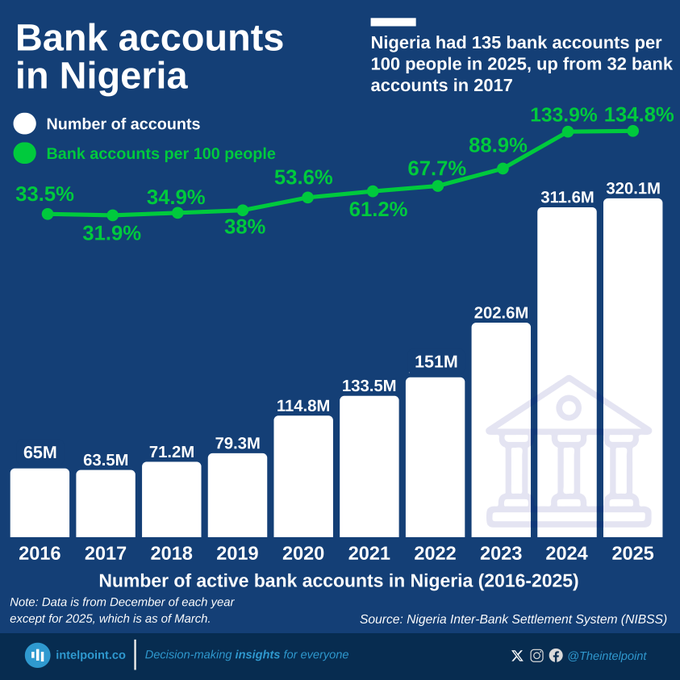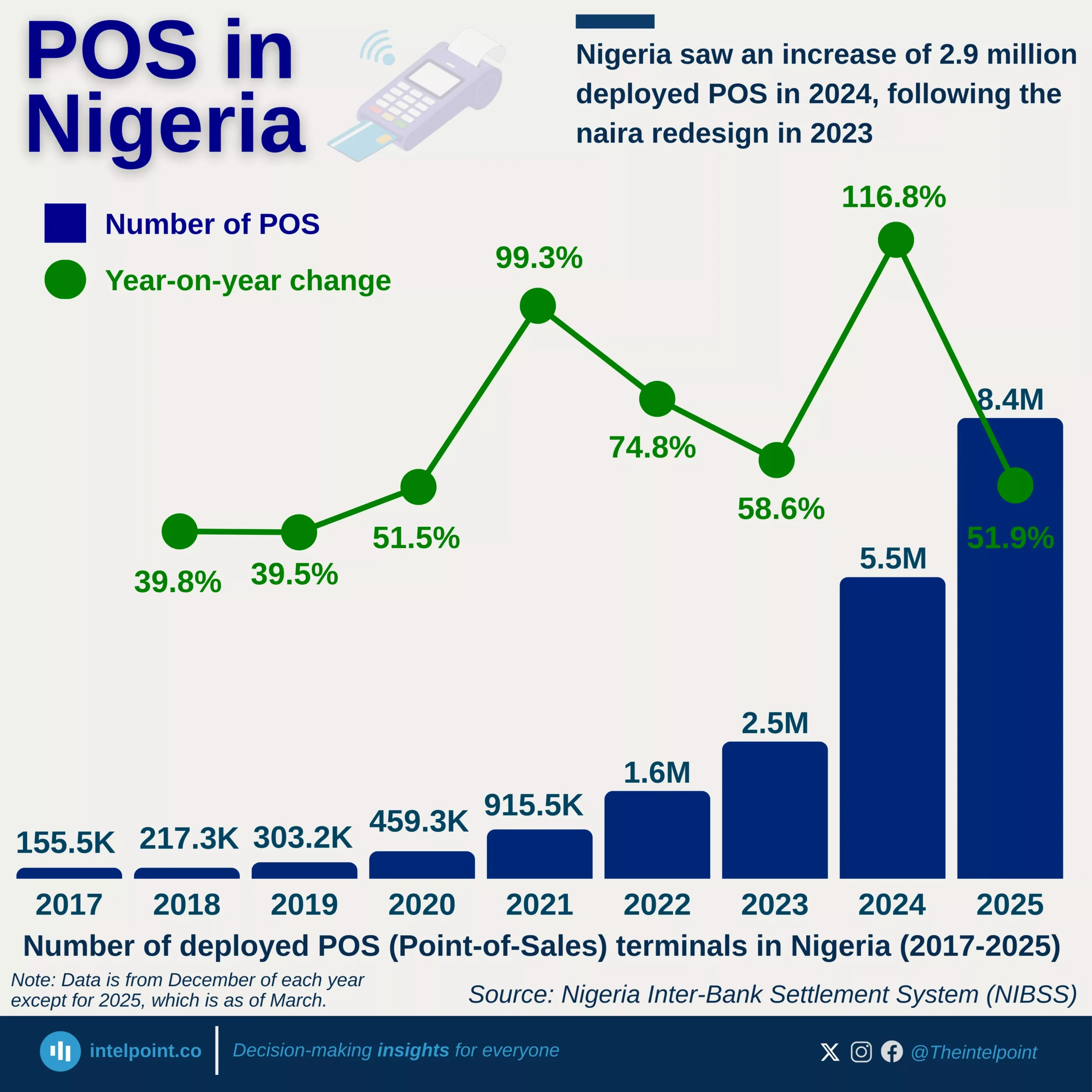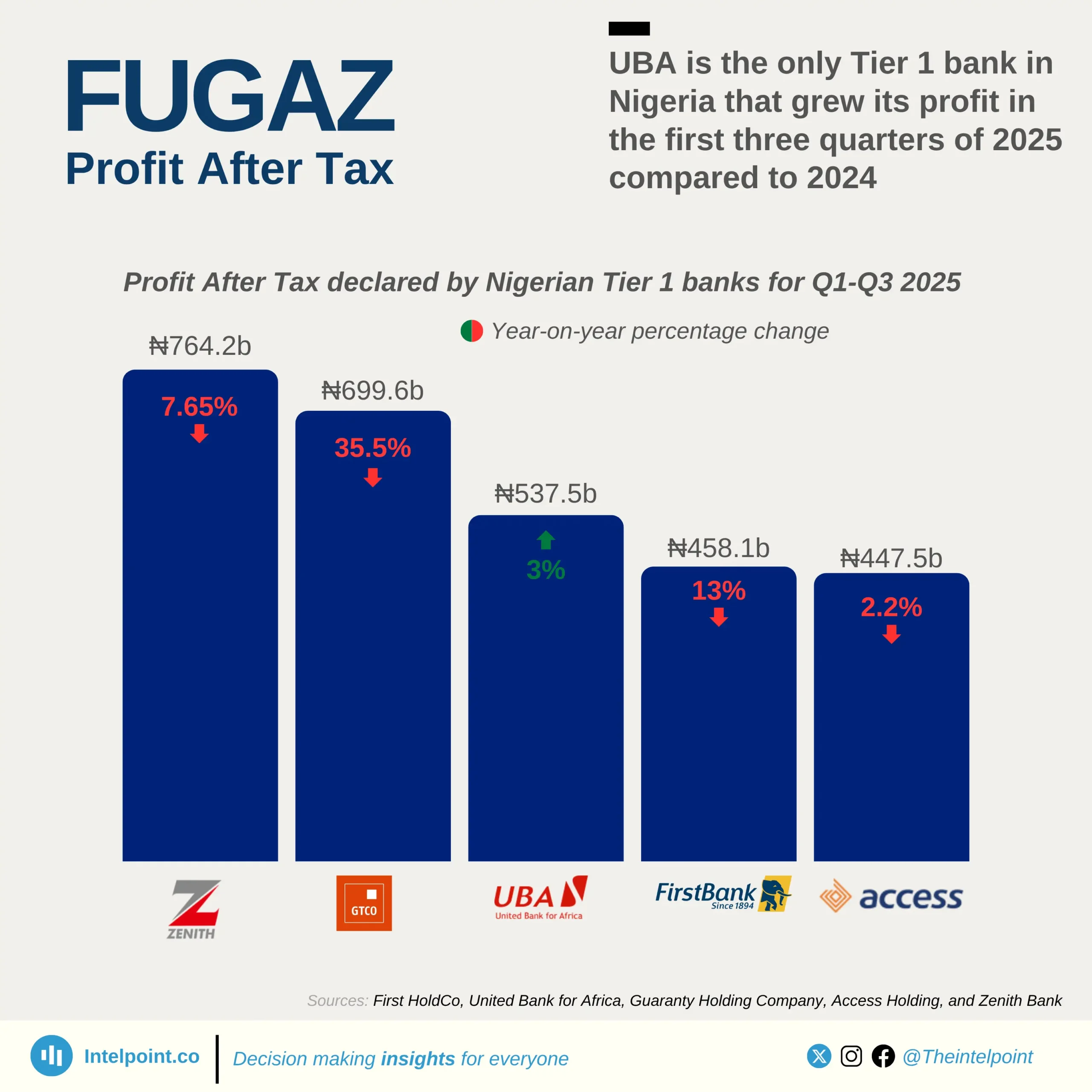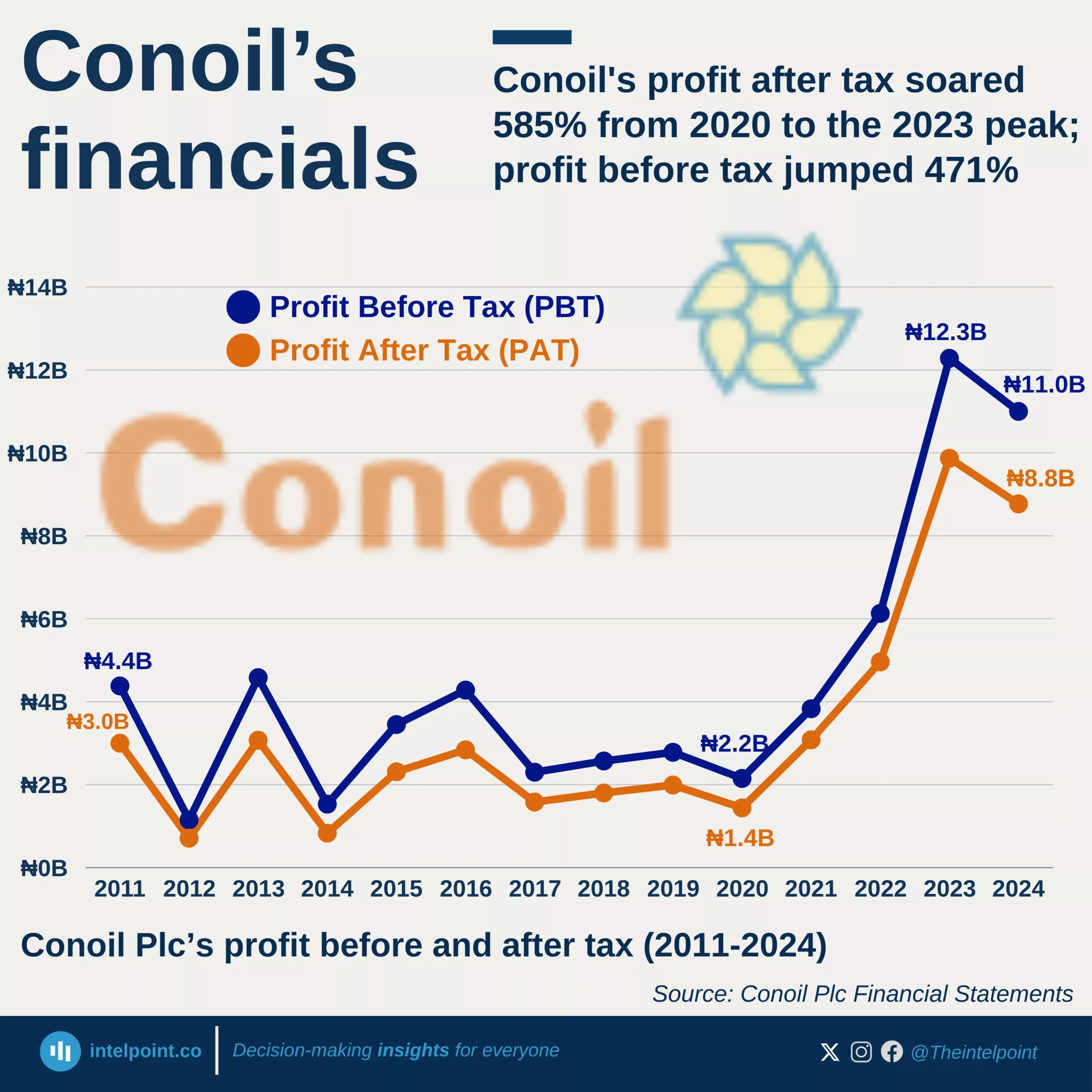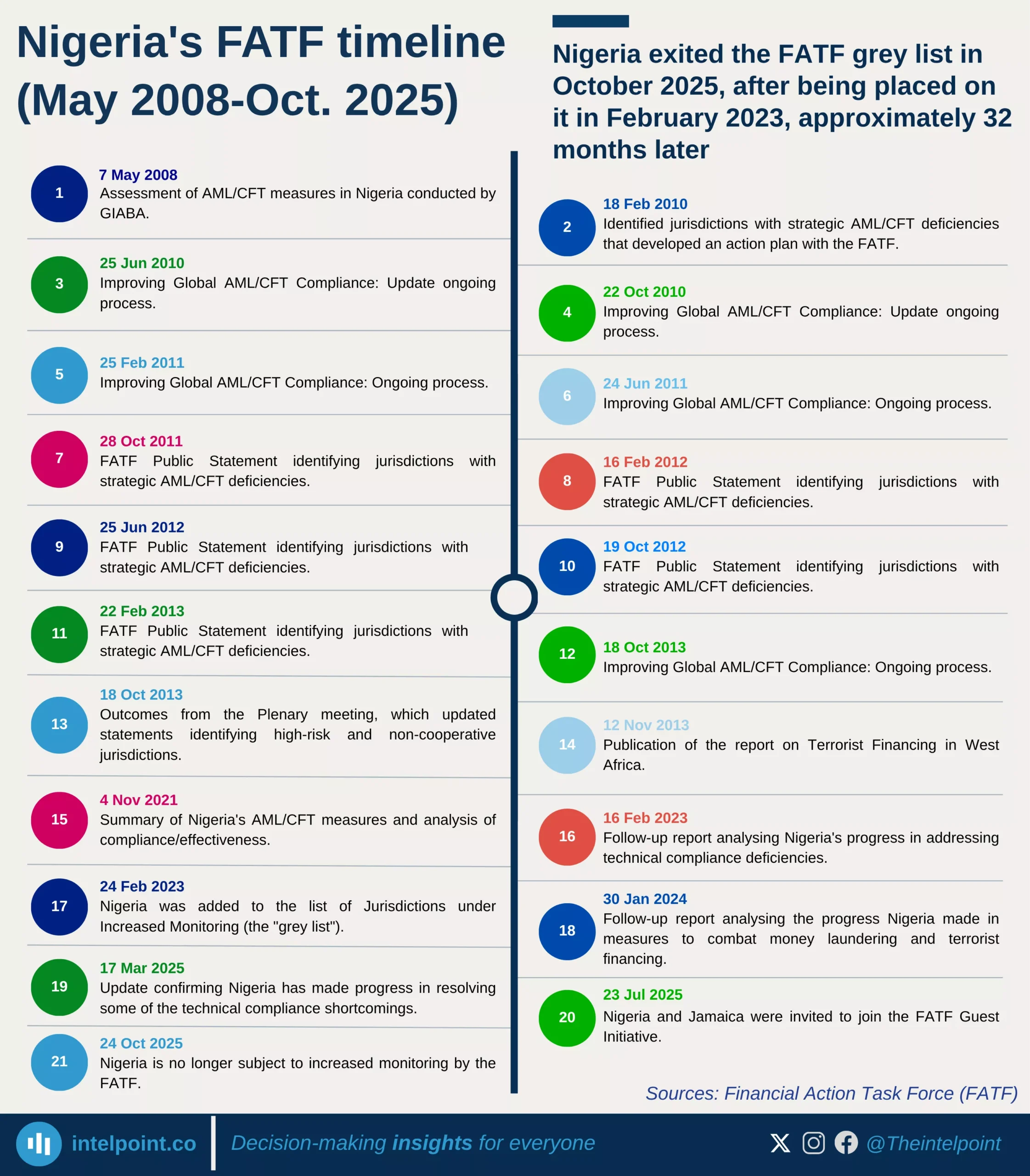Deposit Money Bank (DMB) credit allocation reveals a strong preference for the service and industrial sectors, with these two consistently receiving the largest share of total credit. Meanwhile, Agriculture remains at the lower end of funding priority, averaging just 4.4% of total credit allocation, despite its importance to Nigeria’s economy.
